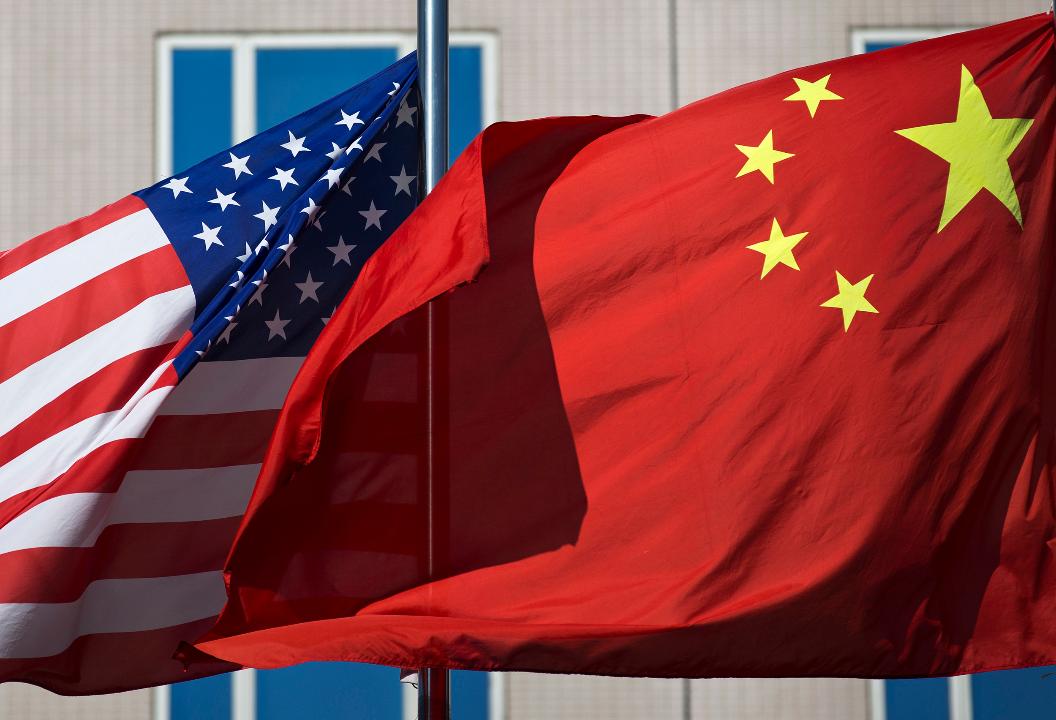Burdened by Trump’s tariffs, small businesses, others mount last-minute plea
Small businesses, economists and others are sending stern warnings to the Trump administration that hiking tariffs on Chinese goods will raise costs for U.S. consumers and impair the ability of companies to hire workers or expand operations.
After what officials say was an attempt by China to renegotiate already agreed upon items in a trade deal between the two nations, the Trump administration on Friday is poised to raise tariffs on $200 billion worth of Chinese products, from 10 percent to 25 percent. Chinese officials say the country is prepared to retaliate.
The White House has already levied 25 percent tariffs on a separate $50 billion in imports from the Asian country, as well as double-digit duties on steel and aluminum imports.
U.S. businesses say the tariffs have added billions in costs and driven up prices on everything from luggage to vehicle parts and television antennas.
Now, as the White House prepares to amplify the duties as a route to damage the Chinese economy, opponents are intensifying their efforts to counter what they say is a misguided attempt by the administration to portray the tariffs as anything but a tax on American consumers.
“We’re paying that tariff. I want there to be no mistake that the consumer is paying for these tariffs. I wish China was paying them. I certainly would feel better about it that way,” Brent Bible, a soybean farmer in Lafayette, Indiana, said on Thursday on a call arranged by advocacy groups Tariffs Hurt the Heartland and the National Retail Federation.
Tom Lix, CEO of Cleveland Whiskey, told reporters he expected the company’s export business to grow as much as 20 percent in 2018. The tariffs, he said, resulted in the firm shipping nothing to either Europe or Asia last year.
“It’s made a big difference on our business,” Lix said. “Our access to capital was changed, the rate of financing for the business has changed because we can’t show that growth curve we had prior to 2018 because of our export business.”
The duties also prevented Lix from hiring as many as three new workers. Tiffany Zarfas Williams, owner of Texas-based Luggage Shop of Lubbock, said she didn’t hire any holiday staffers and hasn’t pursued any new hires due to the uncertainty caused by the tariffs.
"It basically means 85 percent of what is in our store has been impacted by the tariff," Zarfas Williams said on the call. "I don't know if I can blame it 100 percent on the tariffs ... but because we're seeing the greatest impact on some of our midpriced and higher-end luggage, I think the customer noticed the price increase much stronger."
| Ticker | Security | Last | Change | Change % |
|---|---|---|---|---|
| I:DJI | DOW JONES AVERAGES | 50115.67 | +1,206.95 | +2.47% |
| SP500 | S&P 500 | 6932.3 | +133.90 | +1.97% |
| I:COMP | NASDAQ COMPOSITE INDEX | 23031.213218 | +490.63 | +2.18% |
Economists and other experts say the new duties will weaken consumer confidence and add further financial strain to a slew of U.S. industries.
“Tariffs escalation will be credit negative for US retail and wholesale companies that source finished goods from China and for US companies in the construction, transportation, telecommunications, machinery manufacturing and computers and electronics sectors,” Elena Duggar, assistant managing director at Moody’s Investors Service, said in a statement.
CLICK HERE TO GET THE FOX BUSINESS APP
Among the industries slated to be most impacted by the tariffs is the automotive sector. China is the largest growth market for new vehicle sales, though the duties have helped contribute to an economic slowdown in the country that has led to lower sales.
Carmakers have “committed a huge amount of resources to penetrate that market. It’s been very challenging but the implantation of additional tariffs in some ways is going to be extremely challenging to overcome, if not a full knockout punch,” Jeremy Acevedo, an analyst at Edmunds, told FOX Business.
Alongside the China tariffs, the Trump administration is weighing whether to impose a 25 percent duty on auto imports, one the industry and other experts warn will increase the cost of light-duty vehicles by as much as $2,750.




















